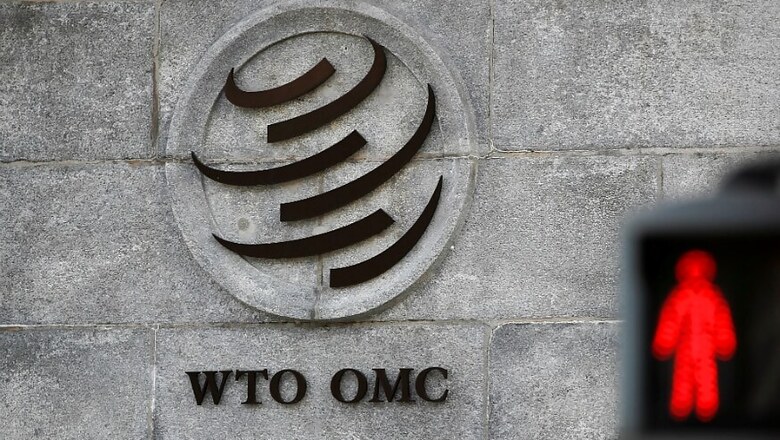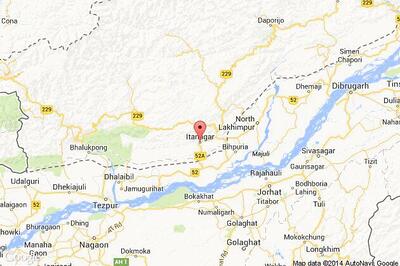
views
New Delhi: India has lost a case filed by the US at the WTO against domestic export incentives as the dispute settlement panel on Thursday concluded that these schemes are inconsistent with the international trade norms.
With this ruling, India will have to re-work these incentive schemes to comply with the WTO ruling. However, it can file appeal against the ruling at the appellate body of the WTO dispute settlement mechanism.
However, India has decided to challenge the ruling of WTO's dispute settlement panel. "India will be appealing the decision of the panel regarding the four schemes to the Appellate Body of the WTO," an official said.
On March 14 last year, the US had dragged India to the WTO's dispute settlement mechanism over New Delhi's export incentive schemes, including Merchandise Exports from India Scheme (MEIS); Export Oriented Units (EOUs) and Export Promotion Capital Goods (EPCG) Scheme; and duty free imports scheme.
The US had alleged that these schemes were harming American companies.
The dispute panel in its report has concluded that most of these schemes like EOU, Electronics Hardware Technology Parks Scheme; EPCG, and MEIS are inconsistent with certain provisions of WTO's Agreement on Subsidies and Countervailing Measures.
The dispute panel recommended that India should withdraw the prohibited subsidies under DFIS within 90 days from adoption of the report.
It should also withdraw the prohibited subsidies under the EOU/EHTP/BTP schemes, EPCG , and MEIS, within 120 days and SEZ scheme within 180 days.
The exemptions from customs duties on importation under the EOU/EHTP/BTP (Bio-Technology Parks) schemes are subsidies contingent upon export performance inconsistent with certain articles of the agreement, the ruling said.
"The duty credit scrips awarded under MEIS are subsidies contingent upon export performance, inconsistent with Articles 3.1(a) and 3.2 of the SCM Agreement," it added.
According to the procedure established by the WTO, the first step to resolve a trade dispute is engaging for consultation process. If two trading partners having dispute could not resolve at that level, one of them can ask for settlement of dispute panel for hearing. The panel's report or ruling can be challenged at the appellate body.
US Trade Representative Robert Lighthizer hailed the WTO's findings as a "resounding victory for the United States."
The USTR office said thousands of Indian companies received subsidies totaling more than $7 billion a year, causing covered exports to skyrocket in recent decades.
On trade, US President Donald Trump this year has blasted India, accusing the giant Asian economy of unfair trade.
Earlier this year, he stripped India of benefits which allowed some duty-free exports to the United States, claiming that India had refused to grant wider access to American-made goods.
In June, India slapped duties on dozens of US products, including hundreds of millions of dollars in almonds from California as well as other US fruits and nuts.

















Comments
0 comment